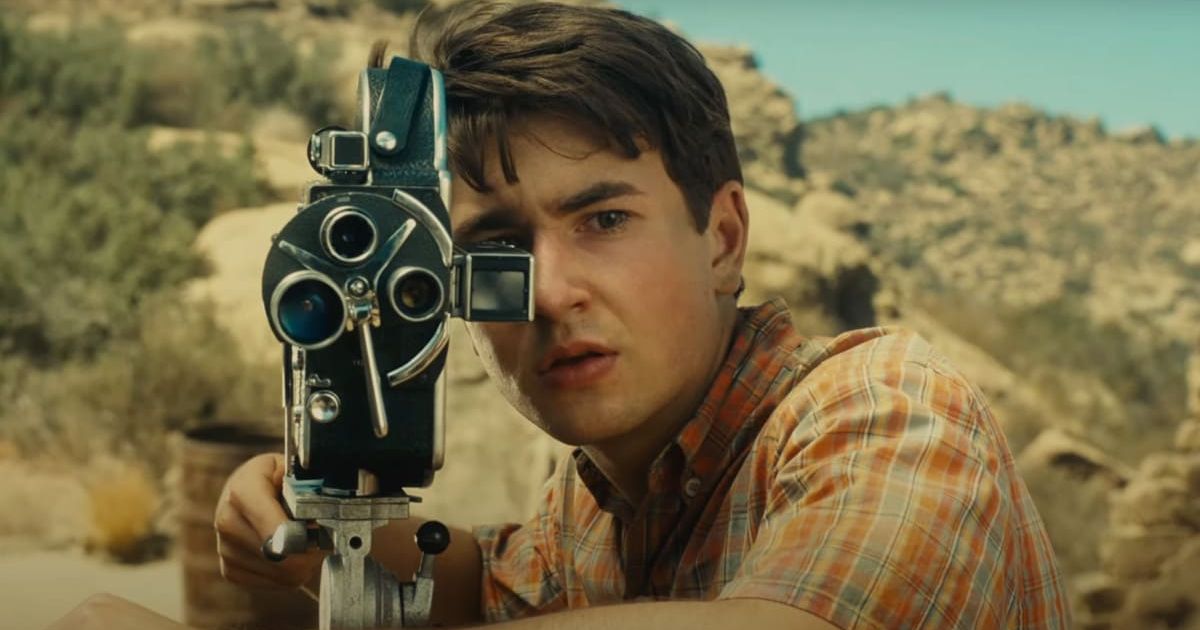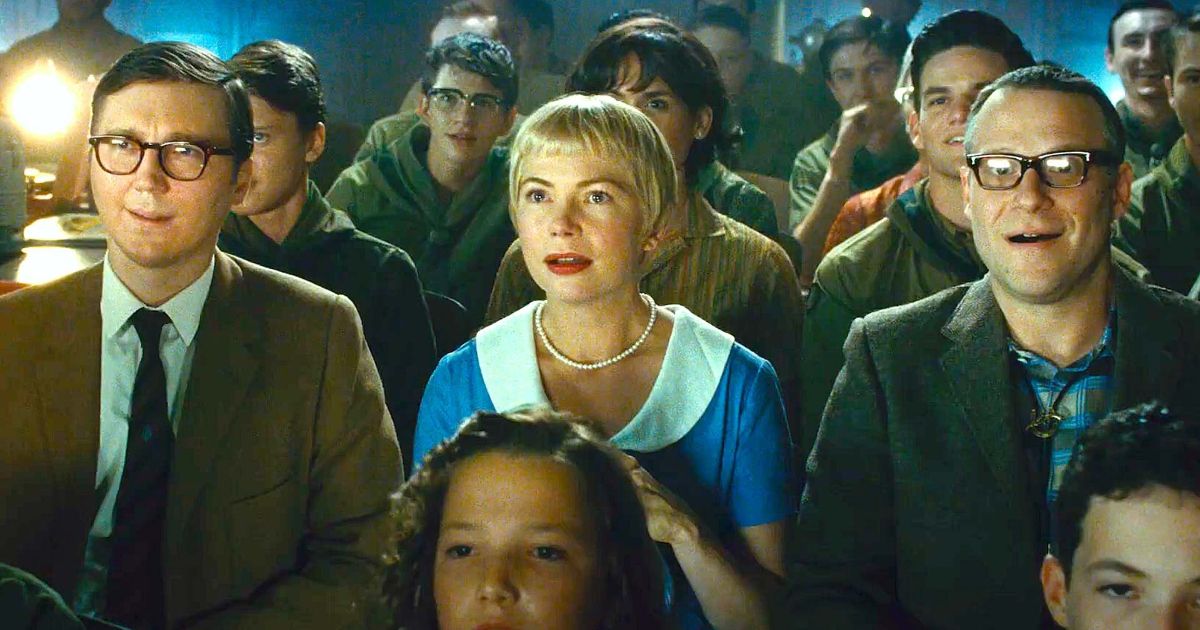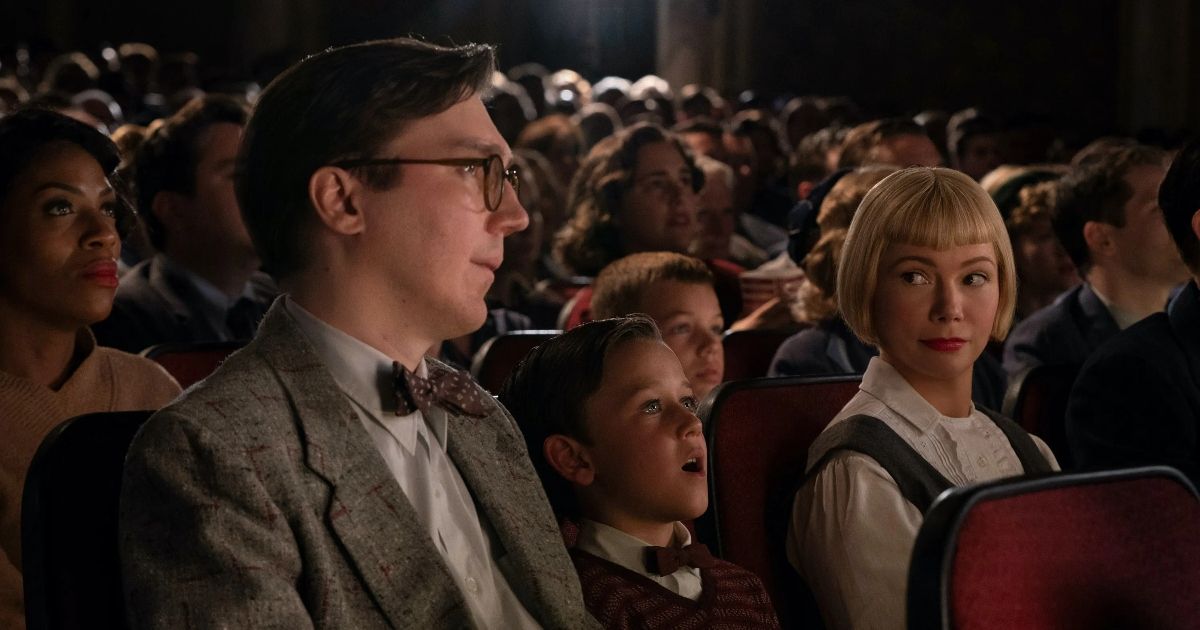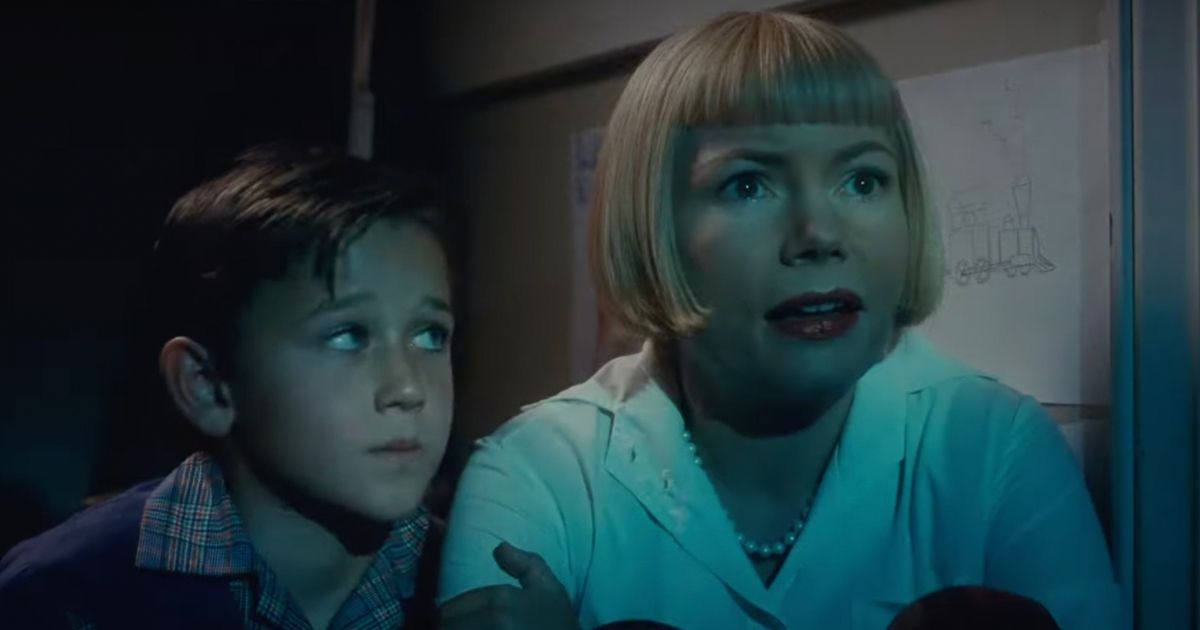The Fabelmans is the latest film from legendary director Steven Spielberg. The movie is the most personal for the acclaimed filmmaker, as it is a semi-autobiographical story loosely based on Spielberg's own adolescence growing up in Phoenix, Arizona, and dealing with the end of his parent's marriage. The story uses fictional characters but is all drawn as clear parallels between Spielberg and his own family.
The Fabelmans is a great Spielberg movie, and also one of his most personal. He has brought with him long-time collaborators like cinematographer Janusz Kaminski, co-writer Tony Kushner, and composer John Williams to bring the story of his life to the big screen. The Fabelmans is more than just an origin story for the man who would grow up to become the most famous director of all time but also the story also about the power films has. It can motivate, illuminate, and even heal us. The Fabelmans is a fictional version of true events, and therefore might be more impactful than a straightforward biopic would have.
How Much of The Fabelmans is True
The Fabelmans is very much influenced by Spielberg's childhood upbringing, with much of the cast and crew saying that much of is based on real-life events. Indeed, much of what happens in the movie is true, like that Spielberg's father was an engineer that moved them to Arizona, and his mother was a concert pianist. He did face antisemitism in school, and he did create many short films with his friends. He did make a short film titled The Last Gunfight to earn his Boy Scout photography merit badge, and also did make a short World War 2 film titled Escape to Nowhere. The Fabelmans does interestingly leave out his short film Firelight, which became the inspiration for Close Encounters of the Third Kind.
The major plot point of The Fabelmans is the deteriorating marriage of Burt (Paul Dano) and Mizi Fableman (Michelle William). The development of Mizi falling for her husband's best friend might seem like a Hollywood embellishment, but it is true. Spielberg's parents did separate when he was a teenager. The film ends when Sammy is just getting his start in Hollywood, and while Spielberg's real-life parents did go on to marry other people, the two did reconnect years later. Spielberg's mother Leah passed away in 2017 and his father Arnold in 2020, and both parents were constantly asking Spielberg when he was going to tell the story of their family. While both are gone, the director finally got to tell their story, and how it shaped him.
Growing Up is Hard For Spielberg and The Fabelmans
A recurring theme of Spielberg's career has been the subject of divorced or absentee parents. E.T., Close Encounters of the Third Kind, Catch Me if You Can, War of the Worlds, Minority Report, and Jurassic Park all have it, and even Indiana Jones and the Last Crusade reveal that Indiana Jones has a strained relationship with his father. The separation of Spielberg's parents had a major impact on him, and The Fabelmans digs down deep into that. For as much as the movie is about exploring Spielberg's love of making movies, the real core of the film is a young man learning to see his parents not just as his parents but also as their own people.
This is visualized in both the first and last scenes of the film. At the start of the movie, Sammy (Steven Spielberg's character stand-in) is looking up at his parents with them out of frame. Their faces are only shown when they bend down to talk to him. They are larger-than-life figures to a young boy. Notably, they are both never shown together, just off the frame from one another, hinting at a disconnect.
Sammy shares one scene with both his parents at the end of the movie, one on one. In both cases, Sammy has a discussion with his parents at eye level. While there is clearly a child-parent dynamic, both are more open with him as they now see him as an adult. Now that Sammy is older with his own fears, anxieties, and stresses he has a better understanding of what his parents go through. This is very much reflected in Spielberg the man behind the camera, having lived a full life and having started a family of his own. He can now look back and observe, document, and recontextualize his own childhood.
Movies Are Dreams
While The Fabelmans is a rather accurate depiction of Spielberg's childhood, there are bound to be some dramatic embellishments for the sake of a narrative, which is fitting given the subject matter of the movie. At the beginning of The Fabelmans, a young Sammy is taken by his parents to go see his first movie: The Greatest Show on Earth. His parents describe it differently than a movie, to ease Sammy's trepidation. His father explains the technical engineering aspects of how a projector works, while his mother offers a much more whimsical and artistic answer: movies are dreams. While this correlation between movies and dreams makes The Fabelmans an unintentional companion piece to Spielberg's long-time friend Martin Scorsese's movie about movies Hugo, it also introduces a key concept of the film.
Spielberg plays off both meanings of the word 'dream' in The Fabelmans: the fantastical visions one has when asleep, as well as the wishes that drive a person while awake. Movies can be big, grand, and fantastical, showing audiences sights that cannot exist in the real world like the most wonderful dreams. Movies also have the ability to inspire, make images on a screen feel real, and impact the viewer. Sammy's school bully is shocked to see how good the film version of their senior ditch day made him out to look, and he sees an ideal version of himself he wishes he could be. With the power of his camera and the simple art of editing, Sammy can show others truths in themselves that come to life on film.
The Fabelmans is Spielberg's story, it is his memory. It is fitting that the movie highlights John Ford's masterpiece The Man Who Shot Liberty Valance, which features the famous line "when the legend becomes fact, print the legend." The Fabelmans is very much inspired by true events, but it is still an artist's interpretation of those moments.
Life doesn't always come packaged in a neat three-act structure with a clear ending. Yet a film allows one to take control of the narrative, to give it shape, to give it purpose and meaning in a cathartic way. The Fabelmans is Spielberg's dream of the truth.




